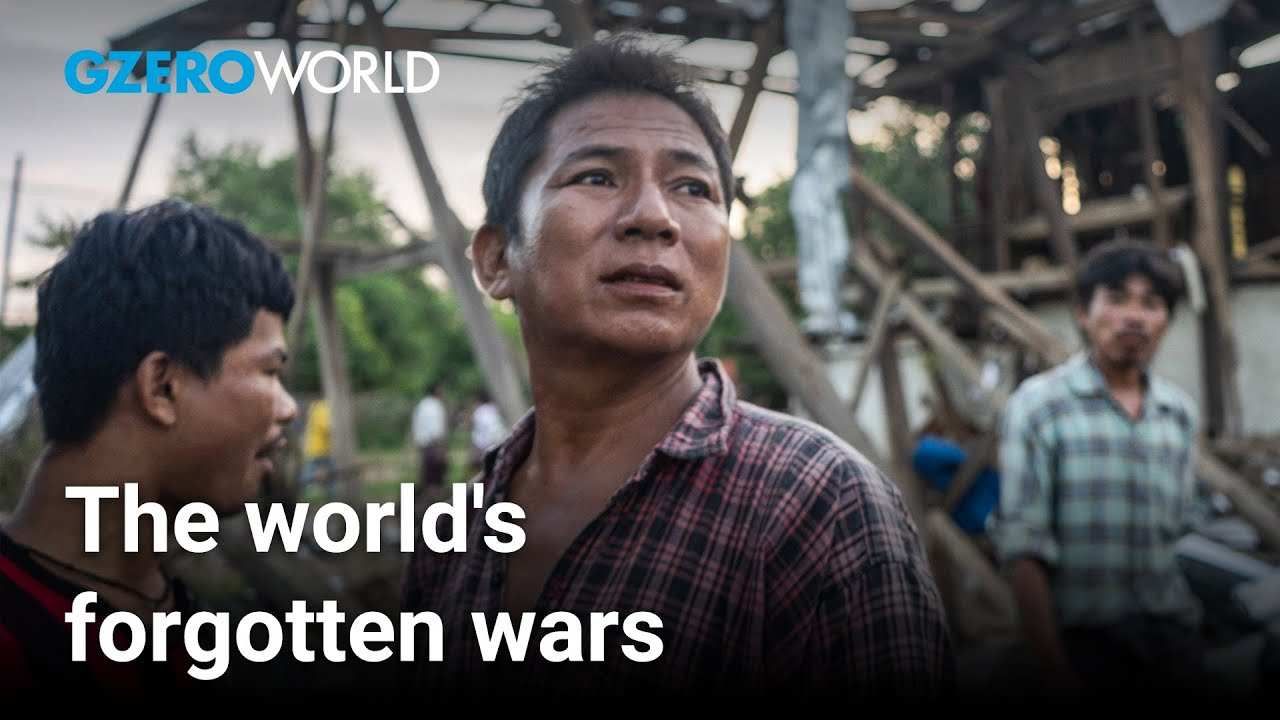News
July 10, 2018
300 million: Chinese president, Xi Jinping, has launched a major initiative to bolster the country’s domestic surveillance capabilities, which analysts estimate will include the installation of almost 300 million surveillance cameras by 2020.
18,000: Turkey’s government dismissed 18,000 public sector employees just in time for the start of President Recep Tayyip Erdogan’s new five-year term as president on Monday. The latest purge included the firing of nine thousand police officers and hundreds of soldiers and academics.
1/2 x 282: More than half of the world’s 282 mobile-money platforms are in sub-Saharan Africa, according to research from McKinsey & Co. Mobile money is another way Africa is “leapfrogging” traditional stages of development through the adoption of new technologies.
9: Warring factions in South Sudan have agreed to a total of 9 ceasefires since the start of a brutal internal conflict there in 2013. Only one has lasted longer than a month. The latest, brokered on June 30th, is already showing signs of breaking down.
3: Since the beginning of 2017, the number of NATO members on track to spend 2 percent of GDP on defense by 2024, as outlined by the alliance as a goal in 2014, more than tripled from 5 to 16.
More For You

- YouTube
While Gaza and Ukraine dominate headlines, dozens of other conflicts—from Haiti to Myanmar to the Congo—get far less global attention. International Crisis Group’s Comfort Ero joins Ian Bremmer on GZERO World.
Most Popular
US President Donald Trump arrives to announce reciprocal tariffs against US trading partners in the Rose Garden of the White House in Washington, DC, USA, on April 2, 2025.
POOL via CNP/INSTARimages.com
From civil conflicts to trade wars to the rise of new technologies, GZERO runs through the stories that have shaped this year in geopolitics.
Ukrainian serviceman walks near apartment buildings damaged by Russian military strike, amid Russia's attack on Ukraine, in the frontline town of Kostiantynivka in Donetsk region, Ukraine December 20, 2025.
Oleg Petrasiuk/Press Service of the 24th King Danylo Separate Mechanized Brigade of the Ukrainian Armed Forces/Handout via REUTERS
Ukrainian intelligence services assassinated a senior Russian general on the streets of Moscow on Monday, detonating a bomb strapped to his car.
French President Emmanuel Macron arrives at the July 14, 2025 military parade on the Champs-Elysees in Paris. - 14/07/2025 - France / Ile-de-France (region) / Paris
Julien Mattia / Le Pictorium.
1: French President Emmanuel Macron announced plans to build France’s first aircraft carrier in decades, as Europe accelerates rearmament.
© 2025 GZERO Media. All Rights Reserved | A Eurasia Group media company.